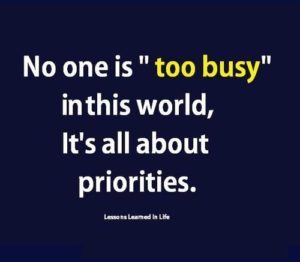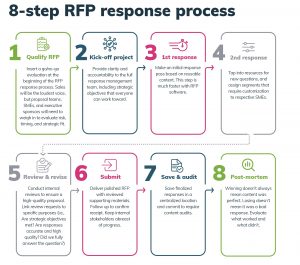— October 19, 2018

Photo by Mimi Thian on Unsplash
Workplaces stress is quite literally a killer of productivity as well as health. Bringing compassion into the mix can lift spirits and bring a sense of oneness that may not have existed before. Even if the team isn’t ready for it, showing compassion in the workplace sets a tone that they will gravitate to because it feels right. In a compassionate work environment is less prone to burnout
This post gives you some ways to practice compassion in the workplace and offer ways to care for yourself and others in a way that lifts us all up.
Compassion for others
The goal of compassion is to be aware and present with what is happening without trying to fix it or absorb the pain for the person experiencing it.
For example, a co-worker just missed getting a promotion, has an ill family member, or a bad performance review. We can’t fix it, but we can recognize their pain and frustration. Simply offering a kind word or a hug lets them know you feel for them and you are there for emotional support.
Taking a moment to help a new hire with navigating the hallways to a meeting. Pouring a second cup of coffee when someone joins you for a meeting. Picking up a dropped item, offering a hand when someone stumbles. All of these are small, yet ultimately significant acts we can choose to do -or not to do- all day.
Compassion in conflict
While in a conflict situation it can be difficult to offer compassion in the moment. Instead, it may be better served to consider how you could be better prepared next time. For example; You had a bad meeting with a co-worker. In the heat of the moment, you both got angry and said things you didn’t really mean to say. Afterward, you feel bad about it and you want to repair the damage.
Take a couple of deep cleansing breaths and get settled in a calm mental state. Revisit what happened and think about how you could have handled this more compassionately. Even if they were wrong and you were right, was there a better way? What really set you off? Something someone else said, or an email from your boss that put you on edge in the first place?
This kind of practice helps immensely in developing the “muscle” of compassion. Now, the next time you meet with this person bring your compassionate heart and a calmer mindset prepared to have a calmer, kinder conversation.
Self-comparison
In a competitive work environment, we can get caught up in comparing ourselves with others, and never being “good enough’. It’s this self-defeating practice of self-comparison that puts us off-balance and creates an environment where our self-worth relies on the judgments of others rather than what is real.
Let’s say you are talking in an important meeting and one of your co-workers interrupts you, talking over you. Your boss redirects the conversation back to you, showing that she values your opinion. This kind of support feels good, valued, not judged. Without gloating we can take this moment into our hearts and let it sit there, feeling good. This is what Rick Hanson calls taking in the good. Really enjoy the experience and you can actually hard-wire positivity into your brain. The more you repeat this with positive feelings, the better!
Self-compassion
In the case above with the co-worker talking over us, it’s easy to start to doubt our own self-worth. The boss jumping in certainly helps, but we may still wonder… Having compassion for ourselves sometimes feels selfish or coming from a “me-first” mentality. But when we allow that self-consciousness to shut down caring for ourselves we can become less confident and focus on whether we are being judged by others. We can withdraw.
Business & Finance Articles on Business 2 Community
(30)
Report Post





